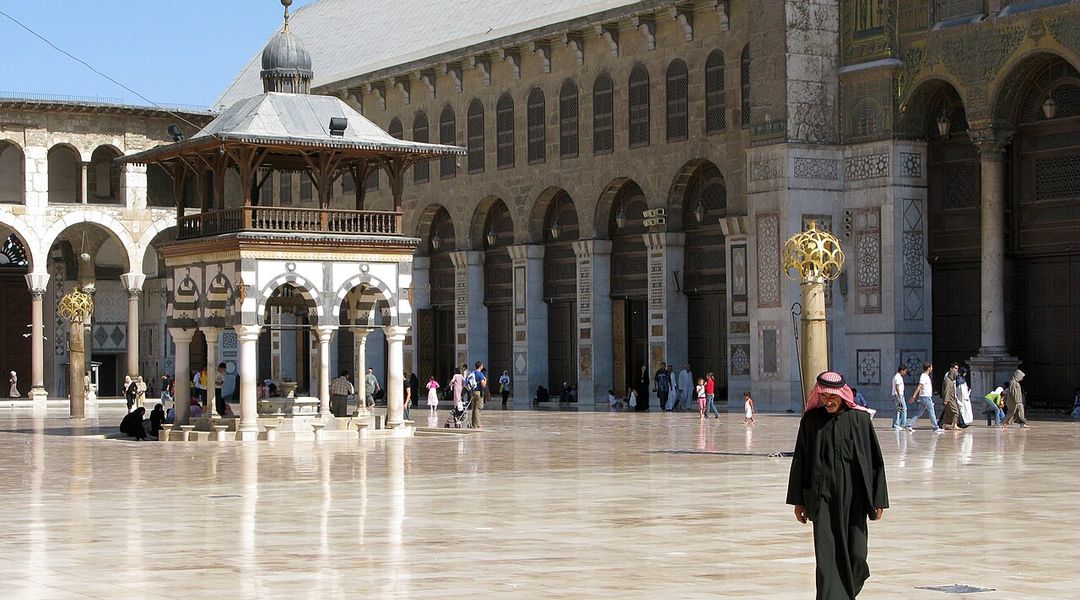Homecoming of Faith: Sunni Clerics Break Silence, Return to Syria's Religious Landscape

In the wake of Bashar al-Assad's dramatic downfall in December, a complex political and religious landscape has emerged in Syria. Prominent Sunni religious leaders, long exiled during the previous regime, have now returned to challenge the growing influence of radical Salafist preachers. This unexpected development has ignited a fierce power struggle within Syria's religious circles, with tensions mounting between moderate clerics and extremist factions now supported by the emerging strongman, Ahmed al-Sharaa.
The return of these exiled religious leaders marks a significant turning point in Syria's post-Assad era. They aim to provide a more balanced and moderate interpretation of Islamic teachings, directly confronting the increasingly radical narrative propagated by Salafist preachers who have gained considerable ground during the years of conflict. Their presence signals a potential shift in the country's religious and political dynamics, offering hope for a more nuanced approach to governance and religious interpretation.
As Ahmed al-Sharaa consolidates his power, the religious landscape becomes a critical battleground for ideological supremacy. The returning Sunni leaders are not merely religious figures but potential political actors who could significantly influence Syria's future direction. Their struggle against the entrenched Salafist influence represents more than a theological debate—it is a fight for the soul of Syria's religious and political identity in these uncertain times.

